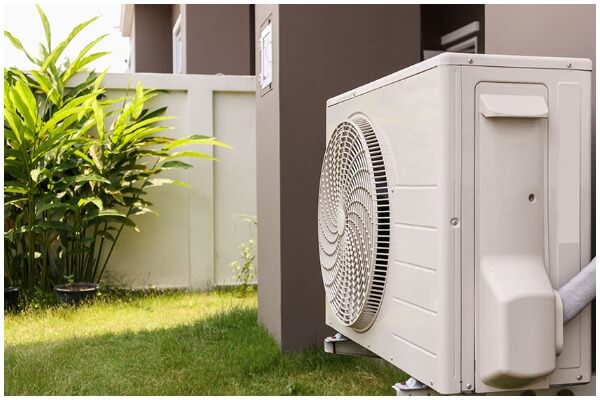Homeowners everywhere are becoming more conscious of their energy usage and carbon footprint. Not only does energy efficiency have the potential to significantly lower utility bills, but it also has a crucial impact on our environment.
A significant chunk of residential energy consumption goes towards heating, ventilation, and air conditioning (HVAC). With just a few changes, you can improve your HVAC system’s efficiency, lower your energy bills, and contribute to a greener future.

Here are eight ways you can make your HVAC system more energy efficient:
Regular Servicing
First and foremost, regular HVAC maintenance is crucial. Regular servicing ensures that the system is working at its optimum and can identify any potential issues before they become significant problems. An excellent choice for this service is Stith Plumbing & HVAC – air conditioning services.
They provide top-notch air conditioning services and overall HVAC maintenance. Their professionals ensure your system is clean, efficient, and prepared to face any season. Remember, a well-serviced HVAC system uses less energy, saving you money and reducing your environmental impact.
Thermostat Settings
Strategically manage your thermostat settings. By simply reducing the temperature by a few degrees in the winter and increasing it slightly in the summer, you can save a lot on your energy bills.
During the colder months, set your thermostat at around 68 degrees, and in the summer, aim for 78 degrees. Consider investing in a smart thermostat that can adjust temperatures based on your daily routines automatically.
Insulation
Proper insulation is a must to prevent your HVAC system from overworking. If your home is poorly insulated, the heat or cold air can escape, making your system work harder to maintain the desired temperature.
Assess your home’s insulation levels and consider adding more if needed, especially in the attic and exterior walls.
Seal Windows And Doors
Just as crucial as insulation is the sealing of windows and doors. Drafty doors and windows can let conditioned air escape, causing your HVAC system to work harder to maintain indoor temperatures. By sealing these drafts with weather-stripping or caulking, you can improve your home’s energy efficiency.
Replace Filters Regularly
HVAC filters should be replaced every three months, or more frequently if you have pets. A dirty filter can block airflow, forcing your system to work harder. Moreover, dust and debris can get into the system, causing damage or decreasing efficiency.
Install Energy-Efficient Equipment
If your HVAC system is old, consider replacing it with an energy-efficient model. Energy Star-rated appliances have been vetted for energy efficiency and can save you a significant amount on your energy bills in the long run.
Also Read: 8 Reasons Why You Should Add a Solar Panel Roof to Your Home
Use Window Treatments
Window treatments like curtains, blinds, or solar screens can help keep your home warmer in winter and cooler in summer. They act as an extra layer of insulation, reducing the need for your HVAC system to run continuously.
Don’t Forget About Ventilation
Last, but certainly not least, effective ventilation plays a paramount role in maintaining an energy-efficient home. When we talk about ventilation, we’re referring to the process of exchanging indoor air with outdoor air. This process is critical for several reasons.
Firstly, it helps to regulate indoor temperatures naturally. This dynamic reduces your dependence on your HVAC system, subsequently lowering your energy usage.
Secondly, proper ventilation is instrumental in removing excess moisture from your home. Excess moisture or humidity can not only lead to mold growth but can also make your indoor environment feel hotter than it actually is, tempting you to lower the thermostat and thus use more energy.
Moreover, ventilation aids in expelling indoor air pollutants, such as smoke, dust, and volatile organic compounds (VOCs), which can negatively impact the indoor air quality and pose health risks.
In Conclusion
Making your home energy efficient is not just a one-time task; it requires a conscious effort and regular upkeep. These eight tips provide a starting point towards creating a greener home by maximizing the energy efficiency of your HVAC system. Not only will these efforts contribute to a more sustainable future, but they will also save you money on your energy bills.